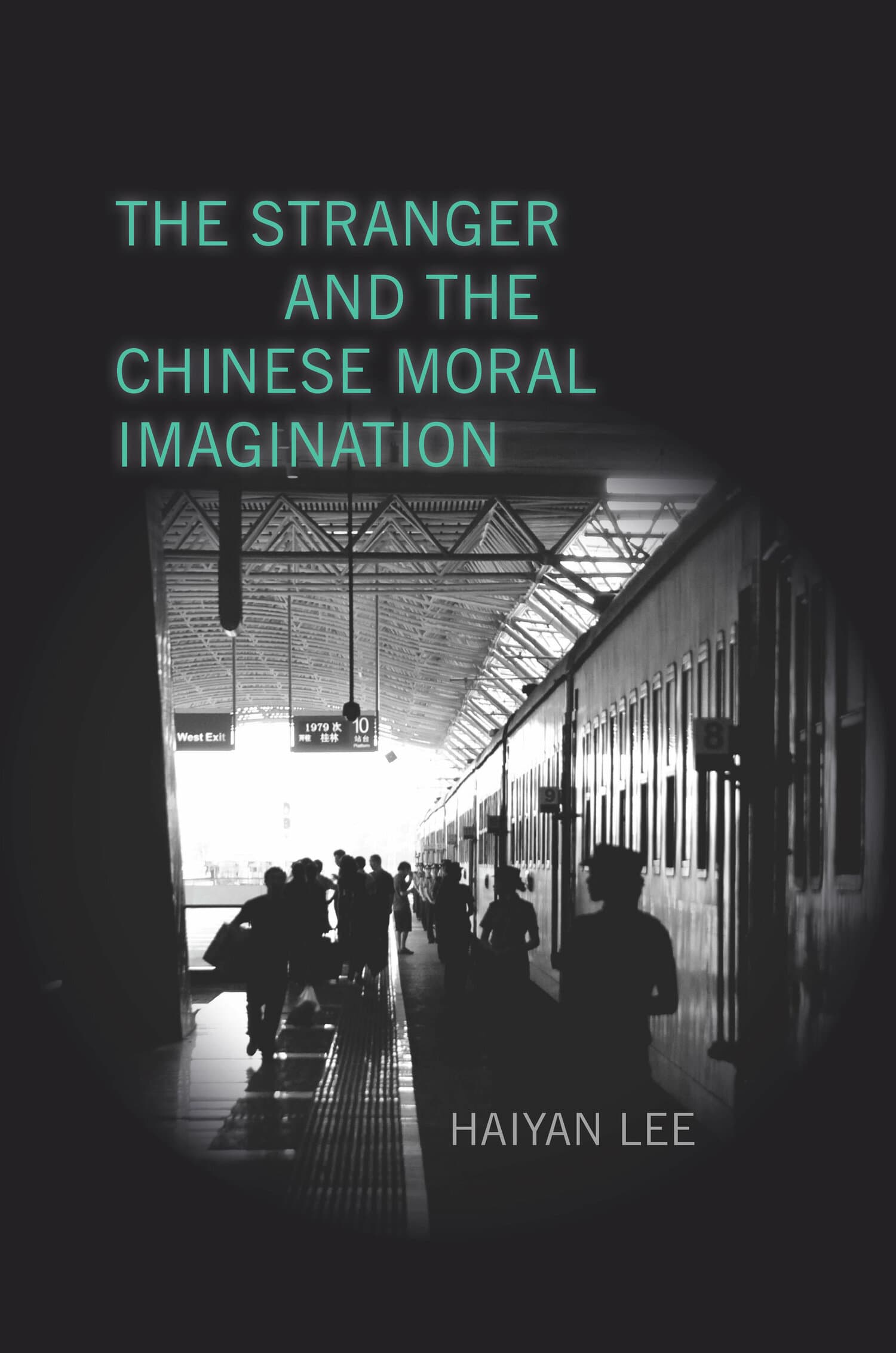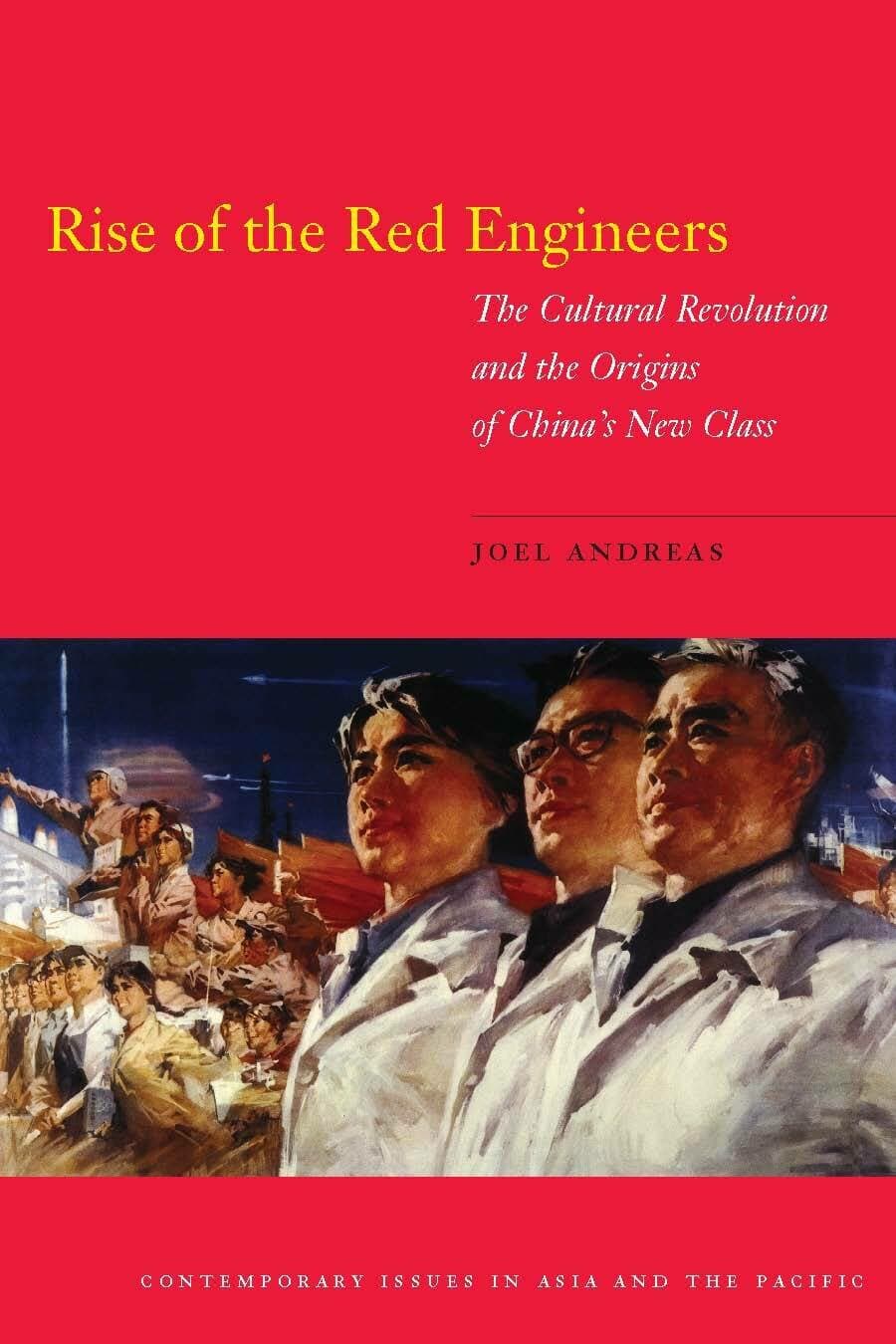Revolution of the Heart
A Genealogy of Love in China, 1900-1950
Haiyan Lee
Award Winner
2009: Joseph Levenson Book Prize
Winner of the 2009 Joseph Levenson Book Prize, sponsored by the Association for Asian Studies.
December 2006
384 Pages
Hardcover ISBN: 9780804754170
Paperback ISBN: 9780804773270
Ebook ISBN: 9780804768078

This book is an engagingly written critical genealogy of the idea of "love" in modern Chinese literature, thought, and popular culture. It examines a wide range of texts, including literary, historical, philosophical, anthropological, and popular cultural genres from the late imperial period to the beginning of the socialist era. It traces the process by which love became an all-pervasive subject of representation and discourse, as well as a common language in which modern notions of self, gender, family, sexuality, and nation were imagined and contested.
Winner of the Association for Asian Studies 2009 Joseph Levenson Book Prize for the best English-language academic book on post-1900 China
"What I find most impressive about this study is the wealth of readings Lee offers. Revolution of the Heart is a very well-researched book, and Lee's thesis is presented clearly, forcefully, and within well-constructed literary and critical contexts."—Sean Macdonald, Chinese Literature
"Haiyan Lee should be congratulated for producing a genealogy of love that is replete with keen insights and observations. Her postmodernist and poststructuralist readings of the text are perceptive and incisive. Lee's book is a testimony of how postmodernist and poststructuralist approaches, when employed judiciously and grounded empirically, can enrich our understanding of history."—Yung-chen Chiang, Chinese Historical Review
"Revolution of the Heart begins weeping, in the late Qing, and ends wailing, roughly a century later. In the pages between, Haiyan Lee makes a powerful argument for the centrality of feeling—especially romantic love—to the imagination of the nation, reform, and revolution in twentieth-century China."—Alexander des Forges, Journal of Asian Studies
"I fully recommend Revolution of the Heart, and congratulate Haiyan Lee for helping us to understand more deeply the multifaceted transformations of sentiment in the first half of 20th-century China." –Wendy Larson, University of Oregon
"Haiyan Lee's new book is a solid, carefully structured and thoughtfully argued theoretical account of the centrality of emotion in the transformation of modernity and the construction of the modern self in China from 1900 to 1950. Interdisciplinary in nature, the book encompasses literature, modern social history and cultural studies Haiyan Lee's book is an ambitious and interesting project, to be lauded for the ways it synthesizes complex and contentious theoretical issues." —The China Quarterly
"[A]n exceptionally well-researched and well-argued study on an important topic. . . . . With excellent historical contextualization and appropriate attention to secondary and primary sources, the book boasts both depth and breadth."—The China Journal
"Haiyan Lee should be congratulated for producing a genealogy of love that is replete with keen insights and observations. Her postmodernist and poststructuralist readings of the text are perceptive and incisive. Lee's book is a testimony of how postmodernist and poststructuralist approaches, when employed judiciously and grounded empirically, can enrich our understanding of history."—Yung-chen Chiang, Chinese Historical Review
"Revolution of the Heart begins weeping, in the late Qing, and ends wailing, roughly a century later. In the pages between, Haiyan Lee makes a powerful argument for the centrality of feeling—especially romantic love—to the imagination of the nation, reform, and revolution in twentieth-century China."—Alexander des Forges, Journal of Asian Studies
"I fully recommend Revolution of the Heart, and congratulate Haiyan Lee for helping us to understand more deeply the multifaceted transformations of sentiment in the first half of 20th-century China." –Wendy Larson, University of Oregon
"Haiyan Lee's new book is a solid, carefully structured and thoughtfully argued theoretical account of the centrality of emotion in the transformation of modernity and the construction of the modern self in China from 1900 to 1950. Interdisciplinary in nature, the book encompasses literature, modern social history and cultural studies Haiyan Lee's book is an ambitious and interesting project, to be lauded for the ways it synthesizes complex and contentious theoretical issues." —The China Quarterly
"[A]n exceptionally well-researched and well-argued study on an important topic. . . . . With excellent historical contextualization and appropriate attention to secondary and primary sources, the book boasts both depth and breadth."—The China Journal
Haiyan Lee is Assistant Professor in the Department of East Asian Languages and Cultures at Stanford University.




